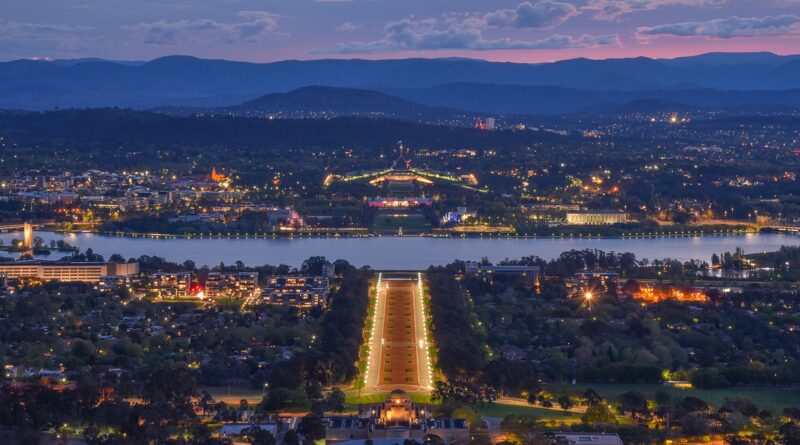View from The Hill: Nationals in crisis, with pressure on Michael McCormack’s leadership
The Nationals are in fresh chaos, with Michael McCormack’s leadership under intense pressure, as the party meets on Monday at the start of parliament’s last week before the winter recess.
Amid speculation about a possible challenge during what’s often dubbed the “killing season” for leaders, some Nationals sources on Sunday claimed former deputy prime minister Barnaby Joyce had majority support, after the defection of one McCormack supporter.
Former resources minister Matt Canavan, a strong Joyce supporter and blunt critic of McCormack, had a mixed message.
“My view is well known – the Nationals have an identity crisis because Michael has failed to deliver a clear vision,” Canavan said.
“Barnaby has mapped out such a vision and can again for the party. But I don’t think the numbers are there for him and I am just one vote. Still some of the commentary is taking on a self fulfilling character so maybe something will happen.”
McCormack told the ABC no one had told him a spill move was likely: “I’ve got no-one having called me and said, ‘It’s on.’ I have had no-one say to me, ‘There is a spill afoot.’”
He said in a weekend statement:
“I am focused as always on helping Australians to recover from the pandemic, rebuilding after the Victorian floods and the growth of regional Australia. If others within government think that they should be talking about themselves and their ambitions at this difficult and challenging time then that’s a matter for them. I’m concentrating on the issues that matter to ordinary, everyday Australians.”
Joyce told The Australian “I am not going to call a spill tomorrow.”
In a party of 21, it is proving hard for those assessing numbers to be sure of them, not least because they don’t trust all their colleagues.
There is a school of thought in the party that the speculation about an imminent leadership challenge was started as an anti-Joyce move.
McCormack came under renewed criticism within the Nationals last week when, as acting prime minister, he made some silly statements in parliament.
He said, “I would much sooner live in Australia than live anywhere else in this nation”.
In a burst of attempted sarcasm that backfired, he said in relation to the animal rights group People for the Ethical Treatment of Animals, “I actually agree with PETA. [The mice] should be rehomed into their inner-city apartments so that they can nibble away at their food and their feet at night and scratch their children at night.”
More fundamentally, militant Nationals are angry that Scott Morrison has been allowed, as they see it, to walk all over the minor Coalition partner, taking McCormack for granted and refusing to give the Nationals credit for things that affect the party’s constituency.
They are also concerned that with McCormack as leader, Morrison could move to adopt a firm target of net zero emissions by 2050, which he has been sliding towards. This is despite McCormack telling The Conversation last Wednesday the party would not endorse the target.
Resources Minister Keith Pitt and former Nationals minister Bridget McKenzie both declared last week that net zero by 2050 was not the Nationals’ policy.
It was unclear on Sunday night whether, if there were a move against McCormack, Deputy Leader David Littleproud would be a candidate.
Littleproud would not have the numbers in a three-way contest against McCormack and Joyce. He would need McCormack’s votes. He has also said he would not run against McCormack.
But if a vote of no-confidence in McCormack were carried and McCormack stood aside, that would provide a pathway for Littleproud to run.
Morrison, who is in isolation at The Lodge and will do question time remotely this week, would be appalled at the thought of Joyce replacing McCormack. Joyce would differentiate the Nationals to the maximum extent and would oppose the firming up of the net zero commitment, which Morrison presently couches as “preferably” by 2050.
Littleproud would be tougher with the Liberals than McCormack, but would go along with the 2050 target, provided there was a positive deal for agriculture.
![]()
Michelle Grattan does not work for, consult, own shares in or receive funding from any company or organisation that would benefit from this article, and has disclosed no relevant affiliations beyond their academic appointment.

